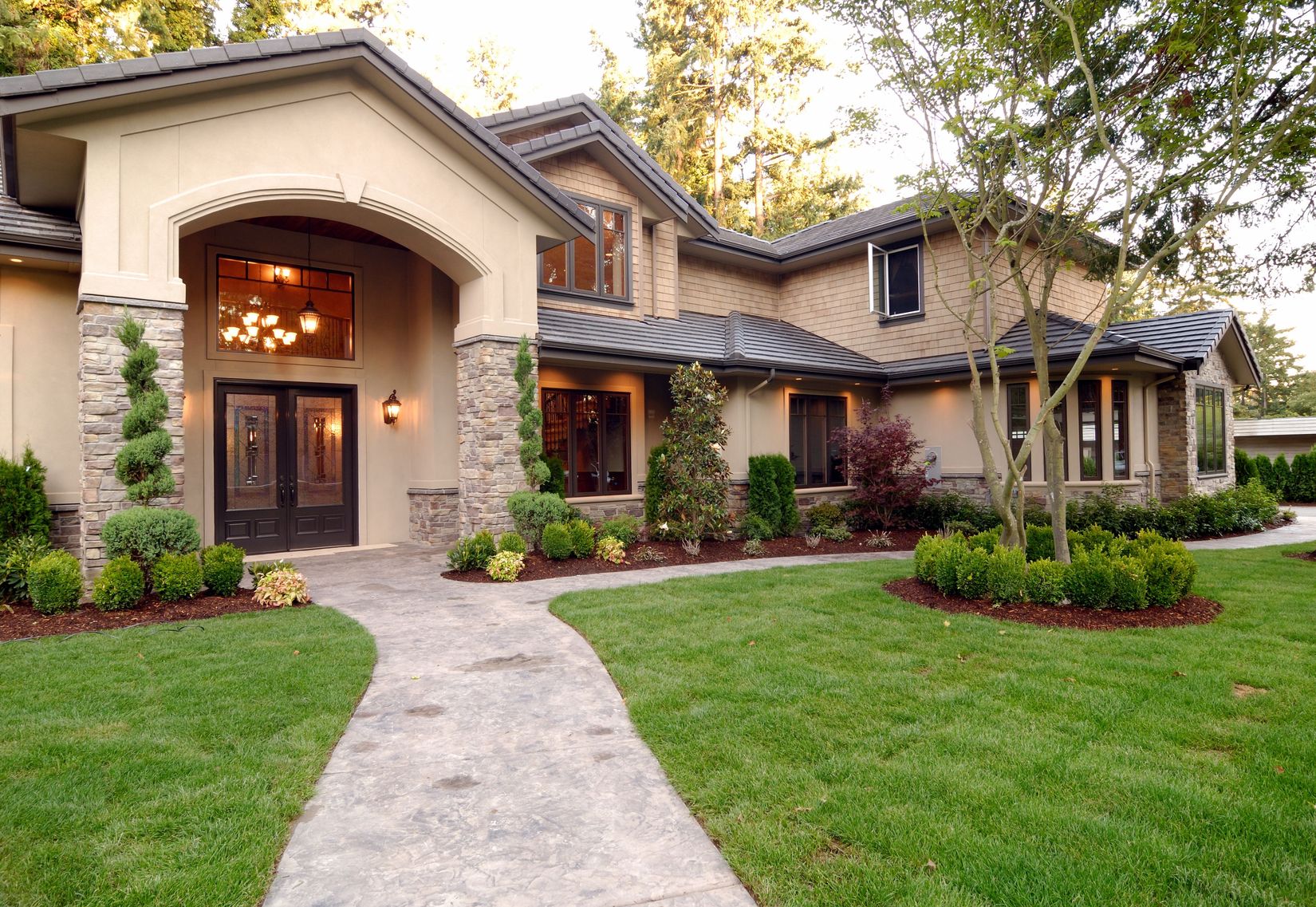3 Ways to Earn Some Spare Cash to Help Pay Your Mortgage Down Faster
 A mortgage is one of the most expensive purchases you’ll make in your life, and for many, the idea of being indebted to it for years can seem like quite a burden. However, while you won’t necessarily be able to pay off your home with instant savings, there are ways that you can pay it down more quickly. If you’re wondering how to drum up some extra money for your mortgage, you may want to consider the following options.
A mortgage is one of the most expensive purchases you’ll make in your life, and for many, the idea of being indebted to it for years can seem like quite a burden. However, while you won’t necessarily be able to pay off your home with instant savings, there are ways that you can pay it down more quickly. If you’re wondering how to drum up some extra money for your mortgage, you may want to consider the following options.
Refinance Your Mortgage
One of the best ways to get a hold of extra funds is by lowering the amount you owe, and refinancing can be a way to do this. Since the interest rate on your mortgage adds up to additional money spent over time, getting a lower rate can easily minimize your monthly mortgage payment. It’s just important to be aware of all the costs associated with refinancing beforehand so that you can be sure the choice will result in money saved and an improved financial outlook.
Review Your Budget
Budget may be a dirty word for many people, but when it comes to scrimping for your home, it may be one of the best weapons you have in paying down your mortgage. Instead of looking elsewhere, sit down and review your budget to ensure your expenditures aren’t out of line with your income. It may seem too good to be true but, in all likelihood, you’ll be able to find a few places you can cut back for a little extra money each month.
Get A Second Job
It may not be the best option if you’re already working hard at your day job, but getting a job on the side can end up being a great way to find extra cash without limiting your lifestyle. Whether you decide to work in a restaurant or pick up a freelance gig on the side, there are plenty of options that may quickly add up to a more-rapidly reduced principal. You may even want to find something you already enjoy so it feels less like work.
The idea of paying down your home more quickly may seem out of reach, but by re-considering your budget and considering other employment, you may be able to hustle up some additional funds for your investment. If you’re preparing for home ownership and are considering your mortgage options, contact one of our mortgage professionals for more information.

 Most people peruse the real estate market for a while before they bite down and decide to invest in a home. However, whether you’re in a rush or you think you’ve found the ideal place, it’s possible you may be ready to put in an offer on the first visit. If you’re trying to determine how you can get the home you’re looking for the first time around, here are a few things to be aware of when going in.
Most people peruse the real estate market for a while before they bite down and decide to invest in a home. However, whether you’re in a rush or you think you’ve found the ideal place, it’s possible you may be ready to put in an offer on the first visit. If you’re trying to determine how you can get the home you’re looking for the first time around, here are a few things to be aware of when going in. Last week’s economic reports included readings on inflation, core inflation, and the Federal Reserve’s FOMC statement. The NAHB Housing Market Index, housing starts and building permits issued were also released, along with weekly readings on mortgage rates and new jobless claims.
Last week’s economic reports included readings on inflation, core inflation, and the Federal Reserve’s FOMC statement. The NAHB Housing Market Index, housing starts and building permits issued were also released, along with weekly readings on mortgage rates and new jobless claims. The National Association of Home Builders Housing Market Index for June fell by two points to 67 after a revision of May’s reading. Components of the Housing Market Index were lower for June with builder confidence in current market conditions two points lower at 73; June’s reading for builder confidence in market conditions for the next six months also fell two points to 76. Builder confidence in buyer traffic fell two points to 49. According to the Index, any reading over 50 indicates that more builders are confident than those who are not.
The National Association of Home Builders Housing Market Index for June fell by two points to 67 after a revision of May’s reading. Components of the Housing Market Index were lower for June with builder confidence in current market conditions two points lower at 73; June’s reading for builder confidence in market conditions for the next six months also fell two points to 76. Builder confidence in buyer traffic fell two points to 49. According to the Index, any reading over 50 indicates that more builders are confident than those who are not. There’s often so much enthusiasm that goes along with buying a home that the idea of leaving the old one behind is left in the dust. But, while you may love both your old home and your new home, it can be difficult to leave what’s old behind. If you’re struggling with adjusting to your new dwelling place, here are some tips for how to make it feel like it’s where you belong.
There’s often so much enthusiasm that goes along with buying a home that the idea of leaving the old one behind is left in the dust. But, while you may love both your old home and your new home, it can be difficult to leave what’s old behind. If you’re struggling with adjusting to your new dwelling place, here are some tips for how to make it feel like it’s where you belong.